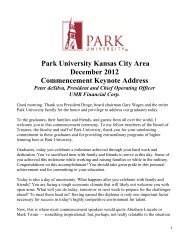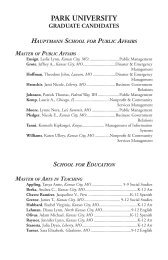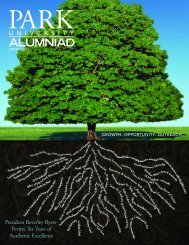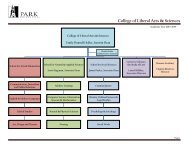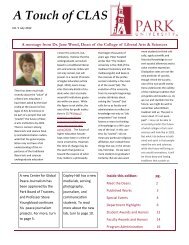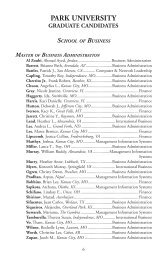How to Write a Radio Serial Drama for Social Development- PDF
How to Write a Radio Serial Drama for Social Development- PDF
How to Write a Radio Serial Drama for Social Development- PDF
Create successful ePaper yourself
Turn your PDF publications into a flip-book with our unique Google optimized e-Paper software.
30 Chapter Three: Characteristics of <strong>Radio</strong> <strong>Serial</strong> <strong>Drama</strong><br />
Topics in This Chapter<br />
❖<br />
❖<br />
❖<br />
❖<br />
❖<br />
❖<br />
❖<br />
❖<br />
The meaning of drama<br />
<strong>Drama</strong>tic conflict<br />
Components of a drama<br />
The structure of a drama<br />
Types of radio drama<br />
The multi-plot nature of the serial<br />
Advantages of multiple plots in an<br />
Enter-Educate serial<br />
The structure of a radio serial episode<br />
The Meaning of <strong>Drama</strong><br />
The English word “drama” derives from the Greek word “dran” meaning “<strong>to</strong><br />
do.” Thus, a drama is a s<strong>to</strong>ry per<strong>for</strong>med or “done” by ac<strong>to</strong>rs on stage, radio,<br />
film, television, in an open field, or even on the street. A drama, like a s<strong>to</strong>ry,<br />
recounts a chain of events and describes a web of relationships involving a<br />
person or persons. A drama can be true, but more often is fictional.<br />
The major difference between a serial and other types of drama is<br />
duration. While a typical drama lasts one or two hours, a serial continues <strong>for</strong><br />
weeks, months, or years. The s<strong>to</strong>ry is presented in short episodes on a regular<br />
basis, usually once a week or once a day. The typical drama focuses on one<br />
major character and the chain of events and relationships in which he or she<br />
is involved. In contrast, a serial follows the lives and <strong>for</strong>tunes of several<br />
characters, showing how they relate <strong>to</strong> and affect one another. A writer must<br />
understand the classic structure and components of a typical drama <strong>to</strong> be<br />
able <strong>to</strong> weave the multiple s<strong>to</strong>ries of a serial <strong>to</strong>gether harmoniously.<br />
<strong>Drama</strong>tic Conflict<br />
<strong>Drama</strong>tic conflict is a vital feature of any drama, whether per<strong>for</strong>med on<br />
stage, television, or radio, because it attracts and holds the attention of the<br />
audience. <strong>Drama</strong>tic conflict refers <strong>to</strong> the unusual, often unexpected, turns<br />
that occur in all human activities that create uncertainty, tension, suspense,<br />
or surprise. Every event, every circumstance, every relationship in life is<br />
subject <strong>to</strong> uncertainty. The most careful preparations can result,<br />
inadvertently, in disastrous errors or unanticipated benefits. Even wellintentioned<br />
people can make unwitting mistakes with amusing, tragic, or<br />
sometimes unimportant consequences. Individual people react differently—<br />
sometimes in unexpected ways—<strong>to</strong> the very same event. These twists and




